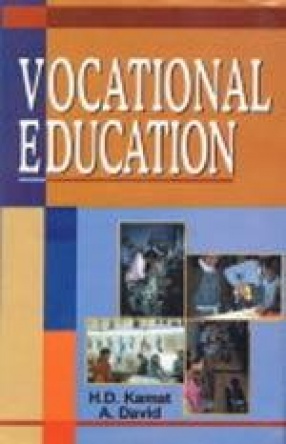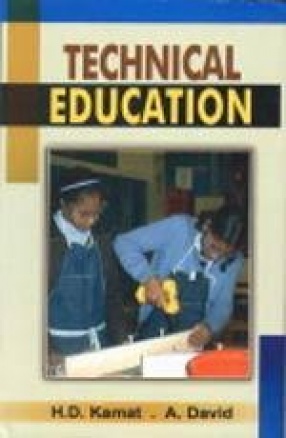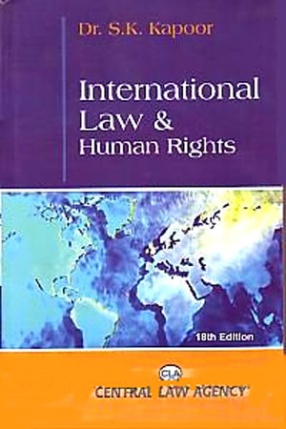The unemployment ratio in India has acquired dangerous proportions. This has made us realize that it will be a futile exercise to spend time and energy on academic courses. Academic courses do not equip our children for a job. As a result, today, there is a tendency among students to join some technical educational institutions rather than joining some academic courses. They have begun to acknowledge the importance of technical education to secure a decent job. Students find it much safer and better to choose a technical course instead of some academic courses. They also find that the acquisition of a technical qualification coupled with a little bit of experience in a particular vocation would fetch them a lucrative job either in India or abroad. Government has also introduced vocational education both at the school and college levels. The aims and objectives are to provide for the diversification of educational opportunities, enhance individual employment ability, reduce the mis-match between demand and supply of skilled manpower and provide an alternative for those pursuing higher education. The vocational courses are offered at the +2 stage in six major areas-agriculture, business and commerce, engineering and technology, health and para medical services, and home sciences. Vocational and technical training has been considered important from the viewpoint of improving productivity of the society. Polices for vocational education vary greatly from nation to nation, but one thing remains clear throughout, such policies reflect aspirations and achievements in economic growth, as well as concern over the quality and supply of labour. This book uses the findings of researches for need of vocational education policies and programs.
Encyclopaedia of Modern Methods of Teaching English (In 7 Volumes)
This is a comprehensive set ...
$133.20
$148.00











There are no reviews yet.